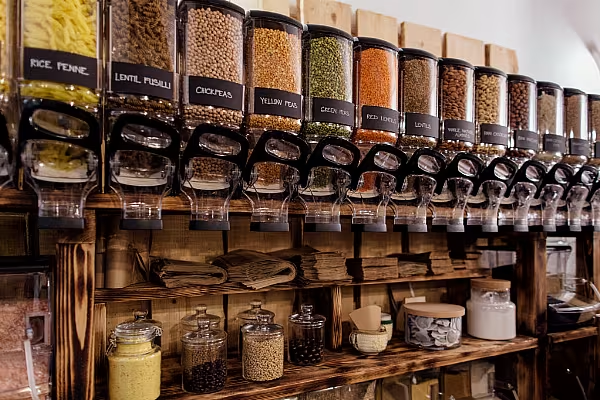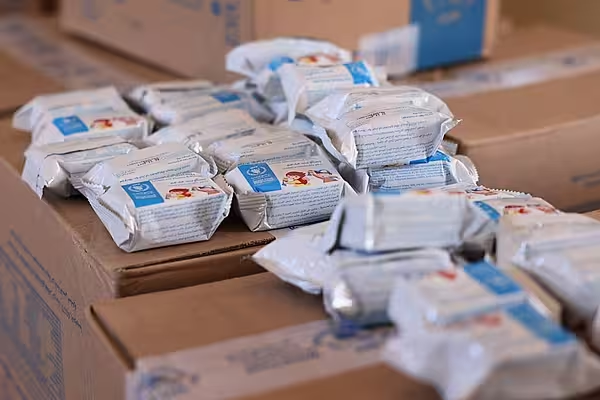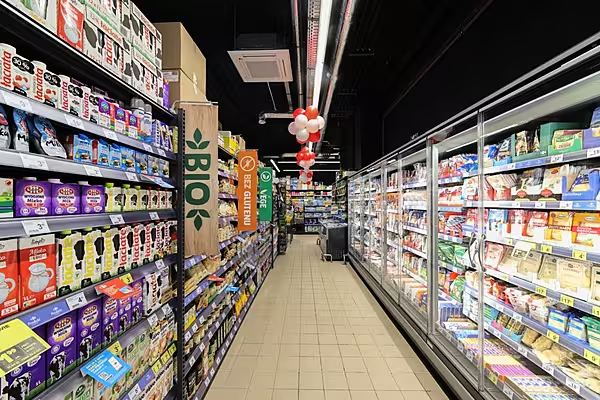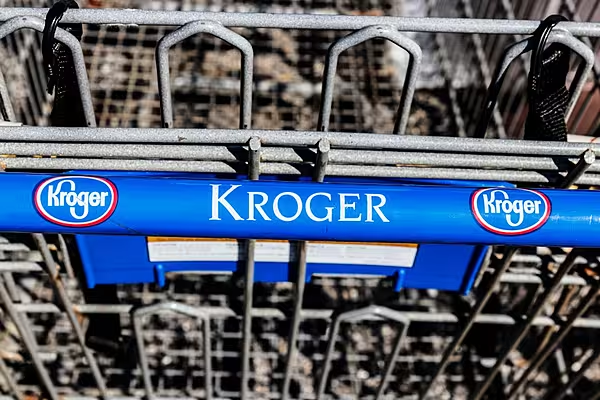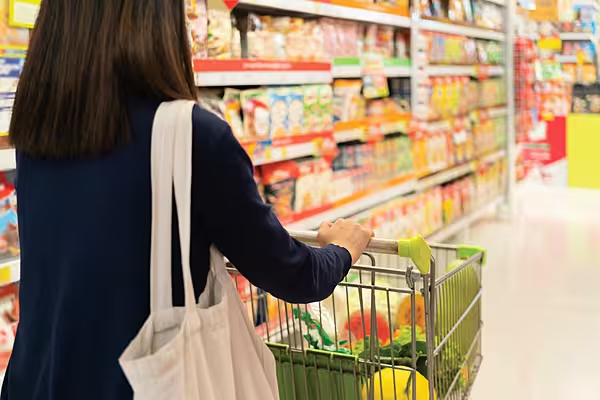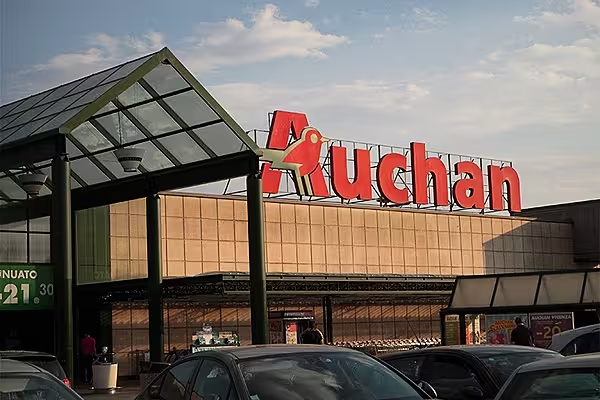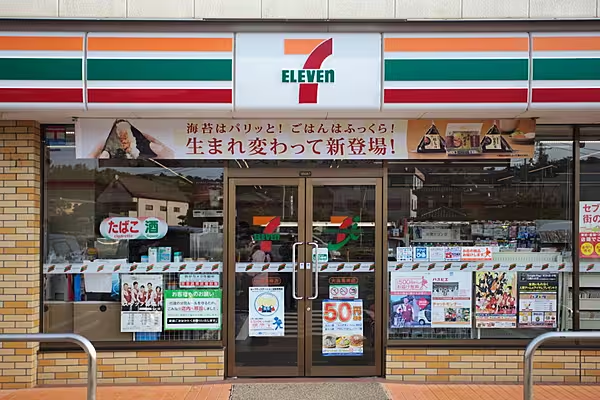Consumers are constantly exposed to new ways of altering their purchasing behaviours. For the last several years, a more dedicated interest in sustainable, zero-waste shopping has become a priority for many.
However, the availability of zero-waste stores is still growing. Even when these stores are unavailable, the concepts that they promote have a lasting impact on how people view grocers and their relationship with shopping.
How will zero-waste stores pan out and leave a lasting mark on buyers?
The Trajectory Of Zero-Waste Stores
Zero-waste stores have been rising worldwide. Europe has seen a surge in waste-aware co-ops, focusing on bulk products to combat the plastic crisis. A UK store’s set-up led to a 60% carbon footprint reduction, and the first refillable beer and mineral water station at a market has opened in Switzerland in recent years. Consumers want more sustainable shopping options.
The US is seeing shifts, too. In 2022, a previously exclusively online retailer opened its first bricks-and-mortar store in Minneapolis, and a crowdfunding campaign made the funding possible.
A social phenomenon like this accents people’s desire to shop nearby instead of online, accumulating unnecessary packaging as a result. It also highlights an overlap in values – zero-waste shoppers want to support local grocery opportunities for their community’s economy.
The Changes In Shopper Behaviours
Single-use packaging stats are beginning to haunt even the most average consumers. Plastic packaging is the worst offender, with 95% of it going to landfill after one use, and over 32% of it bypassing all forms of trash collection, whether recycling or municipal waste. How will the proliferation of low- to no-package shopping influence other mindsets in consumers?
Composting
Many of the zero-waste options revolve around food. The goal of lessening packaging waste will eventually translate into reducing trash generation altogether. Bulk and zero-waste shoppers will inevitably discover how much their individual carbon footprints will be reduced just by composting.
Environmental Advocacy
If they share ideals with zero-waste stores, more people will be willing to engage in advocacy and knowledge-sharing. People who shop sustainably will increase awareness of package-free options through word of mouth and genuine concern for their loved ones’ environmental impacts.
This may also inspire some consumers to start their own eco-friendly storefront, to provide an alternative to greenhouse gas-emitting traditional grocery stores in their area.
Cottage Industries
A cottage industry is a small-scale business that typically runs out of someone’s dwelling or a collective/community effort. Normally, these are niche production outfits, making only one or several products.
The zero-waste movement needs more specialist/cottage industries to refine the manufacturing process for products that have only experienced a packaged existence. Smaller outfits are more likely to innovate and justify any additional costs from sustainable production if it aligns with their values.
Similarly, a rise in doughnut economics could be a side effect of zero-waste shopping. This is noticeable in Amsterdam, as sustaining eco-friendly urban development is more important than growth. The mindset shift has catalysed a fast-growing cottage industry to combat harmful capitalistic shopping practices.
Packaging Standards
For people who want zero-waste options but do not have access to a store or co-op, their standards for packaging will increase. If a package-free product is not on the table, buyers will want easily recyclable containers for the rest of their purchases.
They will also want to see green certifications if packaging is present, whether it is from Total Resource Use and Efficiency, Cradle to Cradle, or the Forest Stewardship Council.
The Trend’s Longevity
How likely is it that zero-waste interest will maintain momentum? Several public analyses reveal that it could go either way, so it is in the hands of dedicated environmentalists and existing storefronts to influence shoppers’ sustainability commitments.
There may be a disconnect between shoppers’ intentions and actions, which could stall a change in consumer norms, and even waste-related policy.
One consideration is the scale of zero-waste stores and opportunities. Kiel, Germany, is the first city in the world to be certified as a zero-waste city, and Pune, India, is working on the same.
Citywide projects prove that zero-waste at scale is possible and in progress. It is catching the attention of governments enough to help fuel an accessible zero-waste lifestyle.
Alternatively, some retailers are prioritising eco-friendly packaging instead of removing it altogether. Many stores in Belgium, France and Luxembourg are using cellulose-based packaging as plastic replacements.
While this objectively reduces impact, these initiatives could slow or halt zero-waste stores from normalising. Transitioning to eco-friendly packaging may become a popular interim solution for stores gradually moving to low- or no-waste upgrades.
Zero-Waste Stores And The Future Of Sustainable Consumerism
Hyperconsumerism is one of the most pressing topics in sustainability, with food waste and packaging being top of mind. Many are wising up to how much packaging inflates pricing and is unnecessary for keeping food fresh.
Shoppers will likely move from big-box to zero-waste supermarkets if they have a local option. Eventually, veteran grocers must adapt or lose revenue as eco-conscious, package-free priorities trump plastic-laden shelves.
Article by Emily Newton, Revolutionized.
